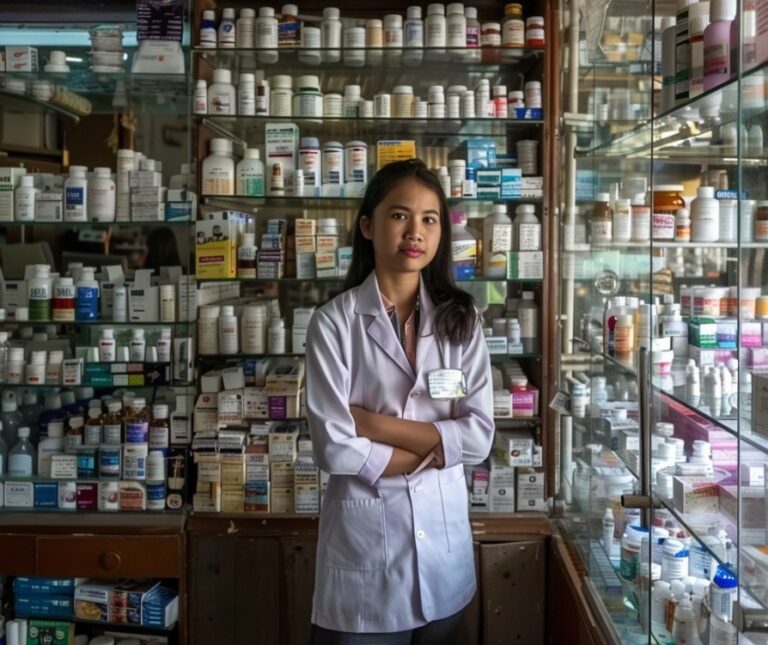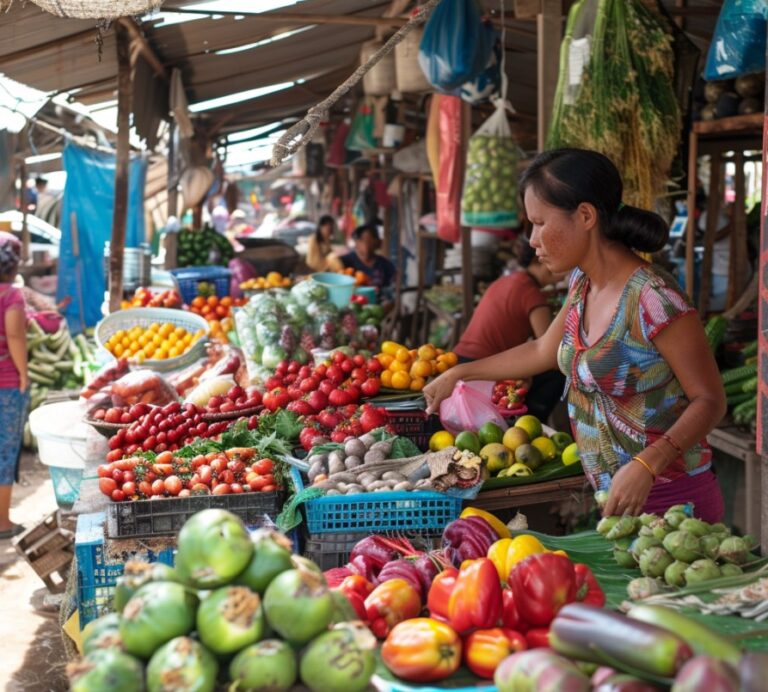What food can I take to Cambodia?
Cambodia has a rich cultural heritage and vibrant markets that offer a wide array of local and international dishes. When traveling to Cambodia, people must know the customs and food restrictions for those who want to bring some food with him or her. This article will provide a comprehensive guide on what food items are allowed in Cambodia, making the voyage easier and more enjoyable for visitors.
Customs Regulations Overview
Contrary to what other countries do, Cambodia is generally lenient when it comes to customs restrictions on personal consumption of foods. Nevertheless, certain things should not be brought in or require special permits before they can be taken along. The rules governing Cambodian Customs are set by the National Bank of Cambodia; hence foreigners are not authorized to take out national currency from the country. Besides, the exportation of such things as antiques, Buddhist relics as well as national treasures among others is strictly prohibited.
Allowed Food Items
The following types of food may generally be brought into Cambodia:
- Fresh Fruits and Vegetables: Fresh fruits, vegetables, and herbs can be included for personal use only but not some other purposes like apples, bananas, carrots, and leafy greens.
- Dry Goods: On dry goods which include nuts, seeds plus grains this includes almonds sunflower seeds and rice.
- Canned Goods: In addition canned vegetables fruits meats can also be packed and traveled with travelers although this requires that one check their expiry dates together with packaging so that they don’t spoil or expire while traveling.
- Beverages: Many beverages like bottled drinking water juice tea etc., however, one must always confirm their package plus expiry dates so that they won’t cause any harm when consumed.
- Packed Snacks: Generally speaking packed snacks such as chips crackers cookies etc., nevertheless one must always confirm their package plus expiry dates so that they won’t cause any harm when consumed.
Prohibited Food Items
These are some examples of forbidden or permit-required foods:
- Meat and Poultry: Personal use of uncooked or non-cooked meat is not allowed in Cambodia, though you can find them in the local markets and hotels.
- Dairy Products: In addition fresh pasteurized dairy products for example milk, cheese yoghurt, etc. are also prohibited from being taken in this country but they can be obtained from a neighborhood market.
- Raw or Processed Seafood: The seafood that is either raw or processed cannot be carried for personal consumption, but it can still be found at the local markets or restaurants.
- High-Risk Foods: Eating such high-risk foods like raw eggs or undercooked meats is highly discouraged while vacationing here because, if precautions are not taken; they pose possible health hazards including salmonella poisoning.
Labeling and Packaging Requirements
For food items brought into Cambodia, certain packaging and labeling requirements must be met. Food Safety Law came into force on June 8th, 2022 stipulates that all pre-packaged food products should have nutrition labeling that provides correct nutritional values. Prakas on Nutrition Labeling which was passed in February 2022 prescribes detailed guidelines on nutrition labeling including the use of internationally standardized metric units as well as correct declaration of nutritional values per serving.
Read also What can you not bring into Cambodia and Medications not allowed in Cambodia
Permitted and Prohibited Food Items
| Food Item | Permitted | Prohibited | Special Requirements |
|---|---|---|---|
| Fresh Fruits and Vegetables | Yes | No | |
| Dry Goods | Yes | No | |
| Canned Goods | Yes | No | Check expiration dates and packaging |
| Beverages | Yes | No | Check packaging and expiration dates |
| Packed Snacks | Yes | No | Check packaging and expiration dates |
| Meat and Poultry | No | Yes | |
| Dairy Products | No | Yes | |
| Raw or Processed Seafood | No | Yes | |
| High-Risk Foods | No | Yes |
Conclusion
A rich cultural heritage and a dining culture that is alive characterize Cambodia. While traveling to Cambodia, it is necessary to know the customs regulations as well as limits on different foods that can be imported into this nation. Travelers can have a good trip and avoid problems by understanding what foods are allowed and disallowed. Also, it is important to ensure that foodstuffs satisfy the stipulations of the Law on Food Safety as well as Prakas on Nutrition Labeling concerning packaging and labeling requirements. Visitors can with this information bring their favorite meals from home so they do not need to offend anyone at the marketplace or disobey such local laws.



